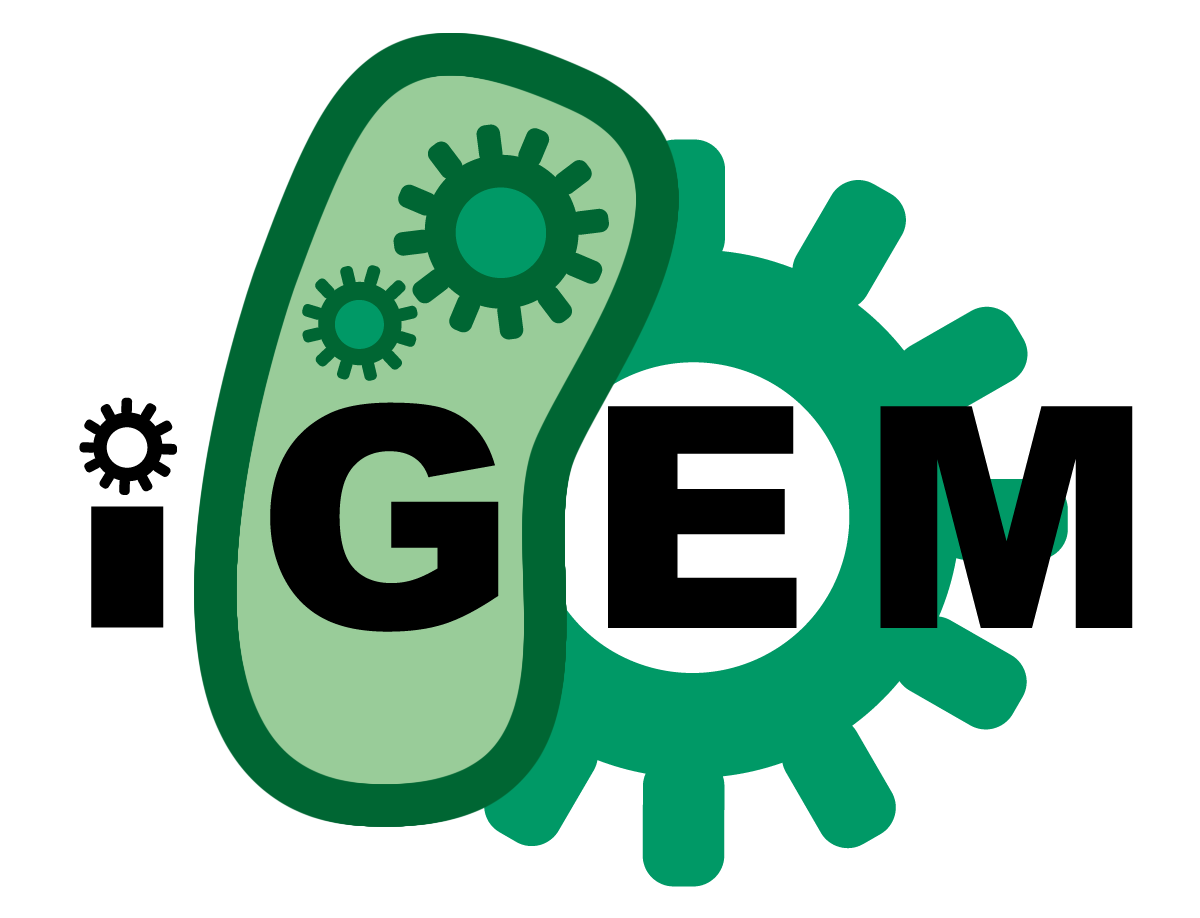Team:Georgia Tech
From 2012.igem.org
Project Abstract
Our goal is to engineer a novel biosensor with a faster readout than is currently available. Many bacteria produce, secrete, and respond to chemicals called autoinducers to monitor population density and to synchronize gene expression, a process called quorum sensing. In quorum sensing based biosensors, detection of autoinducer activates transcription of a reporter gene, which must then be translated and accumulate to detectable levels, which can take two to four hours. In our system, we will use TraR, a protein used in the quorum sensing response of Agrobacterium tumefaciens, which dimerizes only in the presence of its autoinducer. We have successfully fused traR to sequence for two separate complementary fragments of GFP. Upon addition of autoinducer, we predict that already accumulated TraR-GFP fragment monomers will dimerize, allowing the GFP fragments to interact and fluoresce. This new approach may drastically reduce the time necessary for future biosensors to produce detectable output.
A new approach to Human Practices
Here we present an outline of our workshop for the benefit of other collegiate iGEM teams reaching out to high school iGEM teams. We believe that formal collaborations between college and high school represent an innovative new approach to human practices with benefits for both the high school and collegiate teams. This was an effective way for us to engender excitement about both synthetic biology in high school level students as well as for our college students to demonstrate further mastery of the field of synthetic biology in general and their research topic specifically by creating presentations and activities designed for the high school level. Visit our Human Practices page to see our idea in action
Thanks for all your help!
We received lots of help from researchers with no vested interest in our success. We especially want to thank Dr. Clay Fuqua from University of Indiana and Dr. Lynne Regan from Yale University. Check out our Attributions page for more information.
Judges
Here is our judging form and our official team profile.
We characterized a part from the registry and posted our data on the [http://partsregistry.org/Part:BBa_K091134:Experience#Georgia_Tech_2012_iGEM_Team_Review part's experience page].
We were also featured in a local newspaper for our new approach to human practices. We posted the link on the iGEM publicity page.
Our designed BioBricks can be found on our project page here. We are in the process of making sure that compatible DNA gets submitted to the registry as soon as possible for two of the submitted parts. We are in contact Vinoo at iGEM headquarters who is helping us as we resolve this issue.
 "
"







